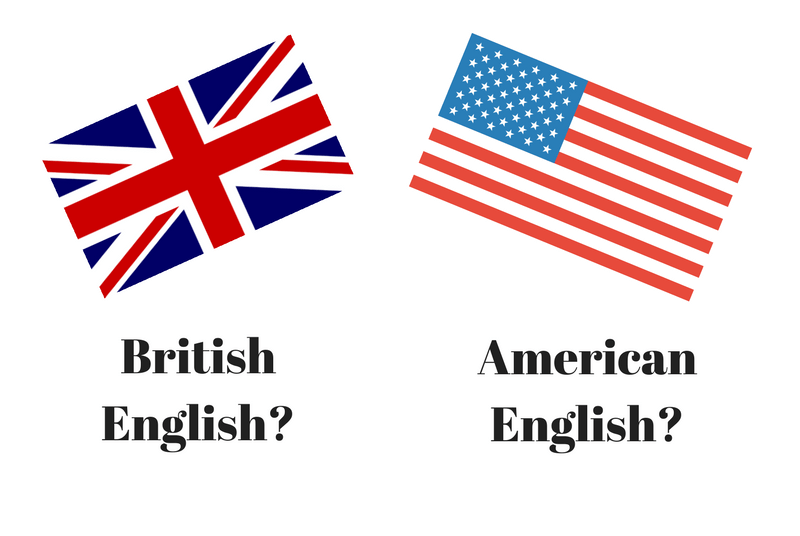Back to: ENGLISH LANGUAGE SS3
Welcome to class!
In today’s class, we will be talking about spelling: British and American English, etc. Enjoy the class!
Spelling: British and American English

Some American spellings are quite different from the British spellings. Americans believe that a word should be spelt as it is pronounced. These differences are notable in the following examples:
BRITISH AMERICA
A ‘s’ ‘z’
- specialisation specialization
- colonise colonize
- summarise summarize
- organise organize
- mechanise mechanize
- economise economize
- pressurise pressurize
- centralise centralize
B ‘our’ ‘or’
- Habour habor
- honour honor
- labour labor
- neighbour neighbor
- favour favor
- vapour vapor
- odour odor
C ‘re’ ‘er’
- centre center
- metre meter
- kilometre kilometer
D ‘amme’ ‘am’
- gramme gram
- kilogramme kilogram
- programme program
E ‘ogue’ ‘og’
- dialogue dialog
- catalogue catalog
F. In verbs which end in ‘l’ and are not stressed on the final syllable, the ‘l’ is not doubled in the – ing form and the past participle.
British American
- Travelling traveling
- equalled equaled
- cancelling canceling
G. There is also the usual practice to replace ‘ae’ or ‘oe’ in words by ‘e’ (Words of Greek and Latin origin). The original spelling is however retained by the British.
British American
- Haemoglobin hemoglobin
- Diarrhoea diarrhea
- Encyclopaedia encyclopedia

What is Vocabulary Development?
Vocabulary Development can be defined as the process through which human beings acquire words right from infancy. This process typically starts with the babbling of sounds which is associated with babies. Over time, this shifts towards meaningful speech patterns as the babies grow. And by age one, most babies can produce their first words. Meanwhile, as you may well know, most infants used their early formative years to build up their vocabularies. This is always a gradual and even slow process.
Further explanation: vocabulary development in culture
To build their vocabularies, infants begin by learning about the meanings associated with words. This is referred to as a mapping problem, which is all about how infants can correctly attach words to referents. They learn this by mere practice- communicating with family members who teach them how to relate with society, and with friends too. As a matter of fact, friends have been noted as playing very vital roles in the vocabulary formation process. This is because, in their interactions with peers, children have the opportunity to learn about unique conversational roles.
Phonological development
Studies related to vocabulary development show that children’s language competence depends upon their ability to hear sounds during infancy. Infants’ perception of speech is distinct. Between six and ten months of age, infants can discriminate sounds used in the languages of the world. By 10 to 12 months, infants can no longer discriminate between speech sounds that are not used in the language(s) to which they are exposed. Among six-month-old infants, seen articulations (i.e. the mouth movements they observe others make while talking) actually enhance their ability to discriminate sounds, and may also contribute to infants’ ability to learn phonemic boundaries. Infants’ phonological register is completed between the ages of 18 months and 7 years.
Evaluation
Give ten words that have different spellings in the British and American spellings.
General evaluation
- Comprehension
Death and the King’s Horseman
- In three short sentences, summarise the play extract.
- List the four main points on which Elesin contradicts Pilkings.
- In what two ways has Pilkings interfered with Elesin’s life?
- Structure
- Use the information provided on the page of your Effective English to write a sentence each with hardly, scarcely or barely.
- Essay
- Write an article to illustrate this saying, “A Friend in Need Is a Friend Indeed”
In our next class, we will be talking about Structure: Review of Noun. We hope you enjoyed the class.
Should you have any further question, feel free to ask in the comment section below and trust us to respond as soon as possible.

Which of the english is correct
Maybe the british one is correct